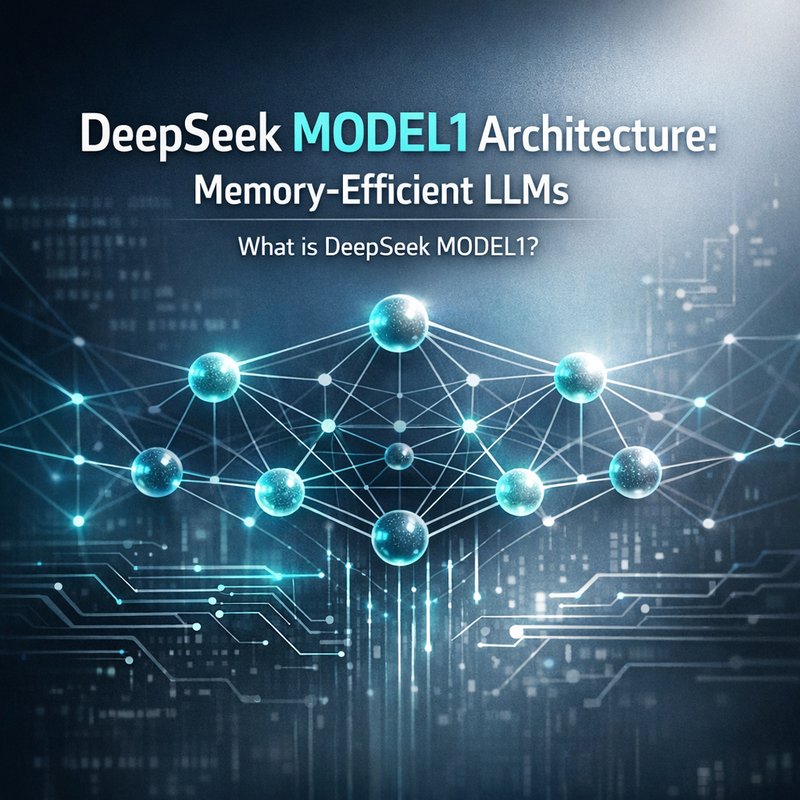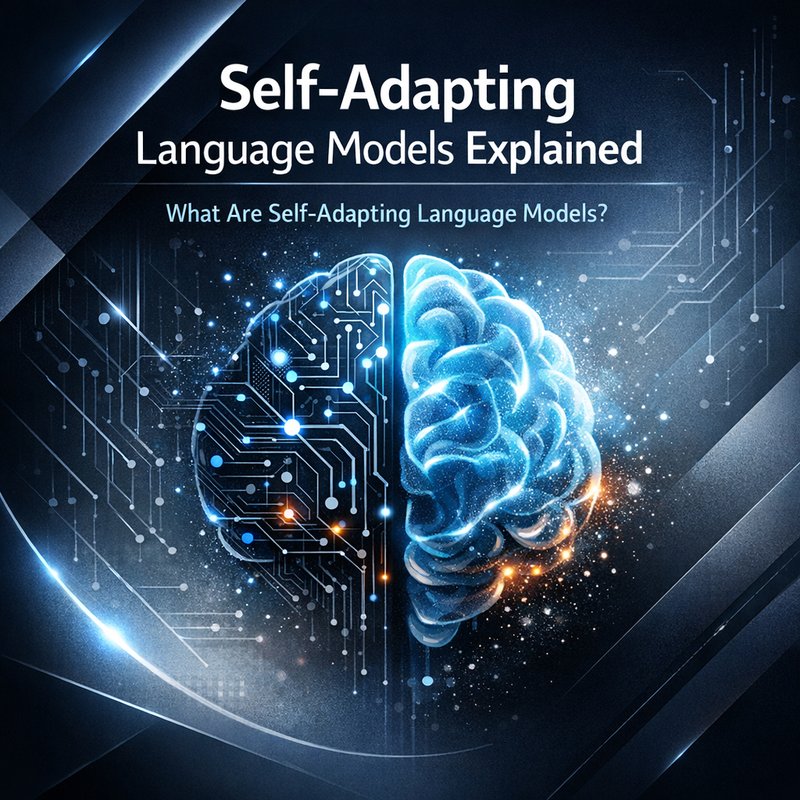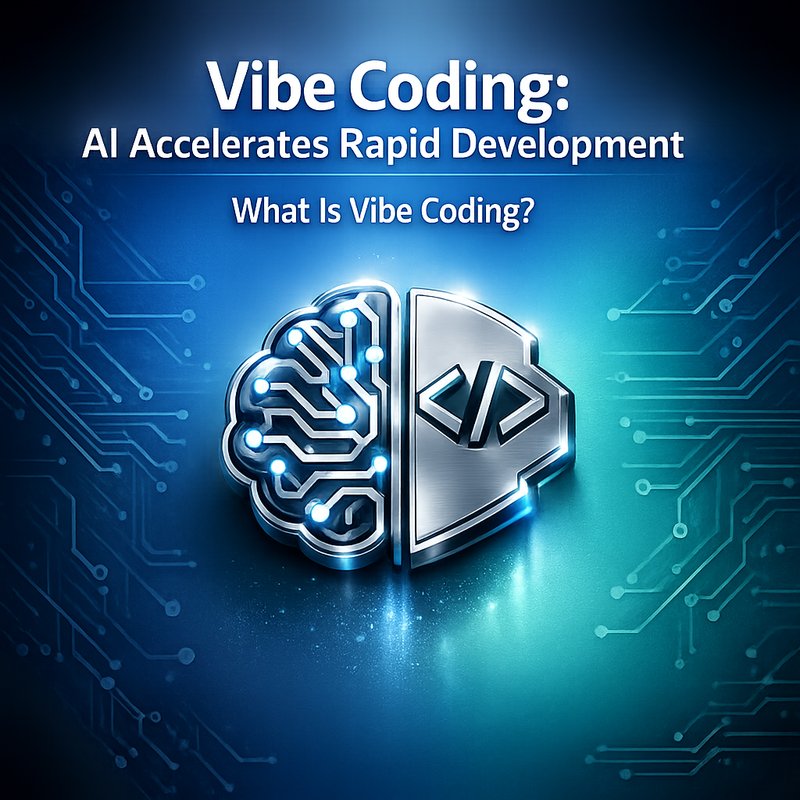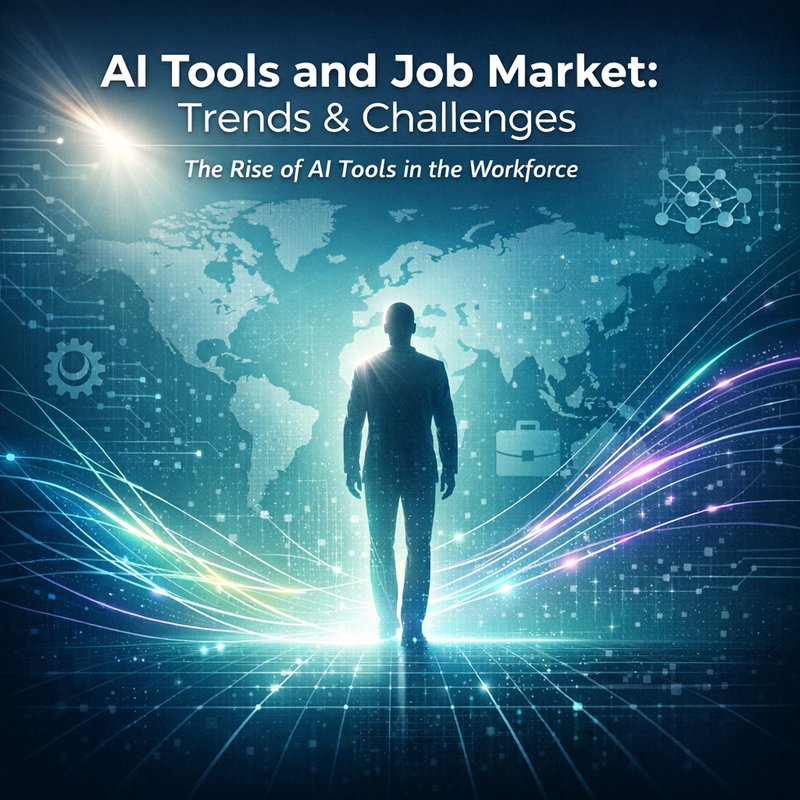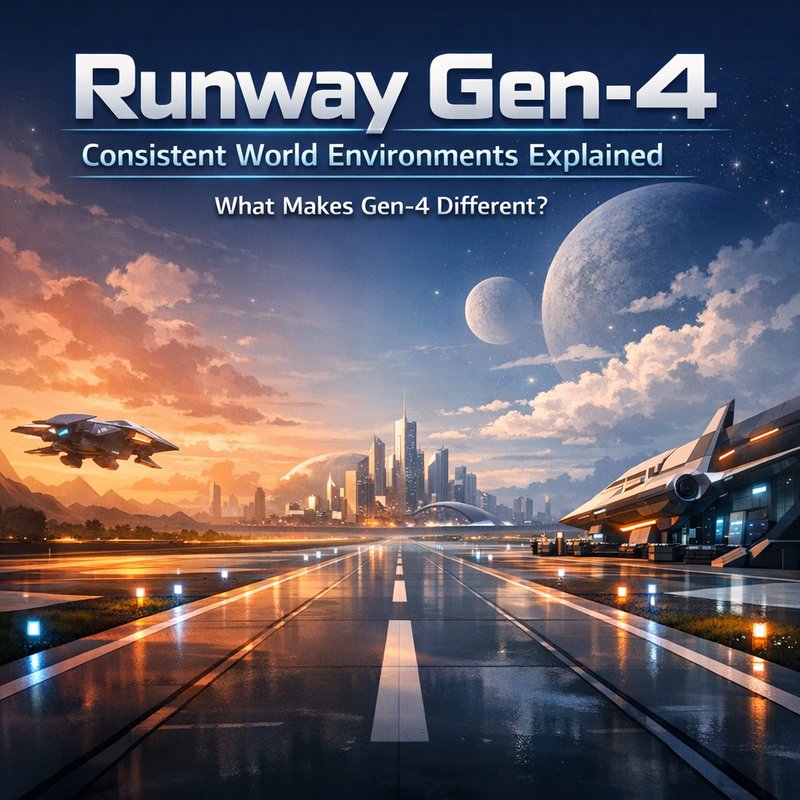The Silent Uprising of the Future of White-Collar Work
Artificial intelligence has moved beyond theoretical labs to become the engine reshaping everyday office life. In 2025, Geoffrey Hinton—the “Godfather of AI”—warns that AI could soon handle much of what has been considered mundane intellectual labor. From paralegals drafting standard contracts to call-center agents fielding routine inquiries, smart algorithms are poised to upend traditional white-collar roles.
The Dawn of a New Era
AI today combines deep learning, natural-language understanding, and agent frameworks to tackle repetitive tasks at scale. Major reports in mid-2025 reveal:
- 41% of global employers plan workforce reductions over the next five years due to automation
- Leading firms such as Microsoft and IBM have already cut roles in customer support and data entry
- Collaborations like Ericsson and AWS’s self-healing networks demonstrate AI taking over infrastructure maintenance
This surge isn’t limited to blue-collar processes—white-collar workflows are next. Tools once confined to data analysis now write emails, transcribe meetings, and draft legal briefs with minimal human oversight.
The Automaton of Intellectual Labor
Mundane Tasks Go Digital
“Mundane intellectual labor” refers to repeatable, rule-based knowledge work:
- Document review: scanning contracts for clauses and discrepancies
- Customer support: responding to FAQs via chat, email, or voice
- Data entry & reporting: populating spreadsheets or dashboards with recurring metrics

AI agents excel at these functions. For instance, Neura Artifacto (https://artifacto.meetneura.ai) powers omnichannel chat support—on web, WhatsApp, or Messenger—freeing human agents for complex issues.
White-Collar Workers in the Crosshairs
Geoffrey Hinton predicts that “a single person assisted by an AI could soon perform the work of ten.” Roles especially at risk include:
- Paralegals and contract administrators
- Call-center and help-desk operators
- Junior analysts generating routine reports
Yet displacement also brings opportunity. By automating the low-value tasks, workers can pivot to creative problem-solving, strategy, and relationship management.
The Wisdom of Hinton: Expert Insights
In a recent podcast interview, Hinton underlined:
- Scale of change: AI models are doubling capabilities every few months
- Job displacement: “Roles built on repetitive intellectual labor will shrink rapidly.”
- Upskilling imperative: Individuals and organizations must invest in new skill sets
His perspective echoes the urgency felt across boardrooms. Companies that once hired armies of entry-level analysts are now deploying AI “teammates” instead.
A Future of Augmentation, Not Replacement
Enhancing Productivity
When applied thoughtfully, AI can:

- Accelerate research: Neura RTS (https://rts.meetneura.ai) delivers real-time market data, regulatory updates, and sentiment analysis
- Streamline meetings: Neura TSB (https://tsb.meetneura.ai) transcribes calls and generates structured notes—no more hours spent summarizing
- Automate communications: Neura ESA crafts personalized sales outreach and auto-replies to common inquiries
These agents shift focus from administrative drudgery to higher-value tasks like negotiation, creative strategy, and stakeholder engagement.
The Need for Upskilling
To thrive alongside AI, workers should:
- Master prompt engineering to guide agents effectively
- Develop critical thinking for supervising AI-generated outputs
- Cultivate emotional intelligence in client and team interactions
Organizations can leverage Neura ACE (https://ace.meetneura.ai) to build tailored training modules, content roadmaps, and interactive workshops, ensuring their workforce gains the competencies required in an AI-driven environment.
Navigating the Uncharted Territory
Challenges Ahead
- Ethical considerations
- Bias in training data can perpetuate unfair decisions
- Neura AI employs transparent pipelines and role-based access to safeguard integrity
- Privacy and compliance
- Handling sensitive client or patient records demands encryption and audit trails
- Change management
- Employees may resist shifts in role definitions and workflows
Strategies for Embracing Change
- Pilot small-scale deployments with clear KPIs
- Partner with AI platforms that offer modular RDA Agents (Reasoning, Decision, Action)
- Continuously measure impact on productivity, quality, and employee satisfaction
By blending human oversight with specialized agents businesses can unlock value while mitigating risk.
Conclusion
The silent uprising of AI in white-collar work demands proactive adaptation. While Geoffrey Hinton’s warning underscores potential disruption, the path forward is one of augmentation—where AI handles routine labor and humans focus on innovation, leadership, and empathy. Organizations that embrace this partnership, equip their teams with new skills, and integrate AI responsibly will lead the future of knowledge work.
Source: https://www.cbc.ca/news/canada/canada-s-ai-pioneer-geoffrey-hinton-warns-of-job-disruption-1.6701134

